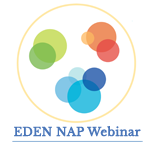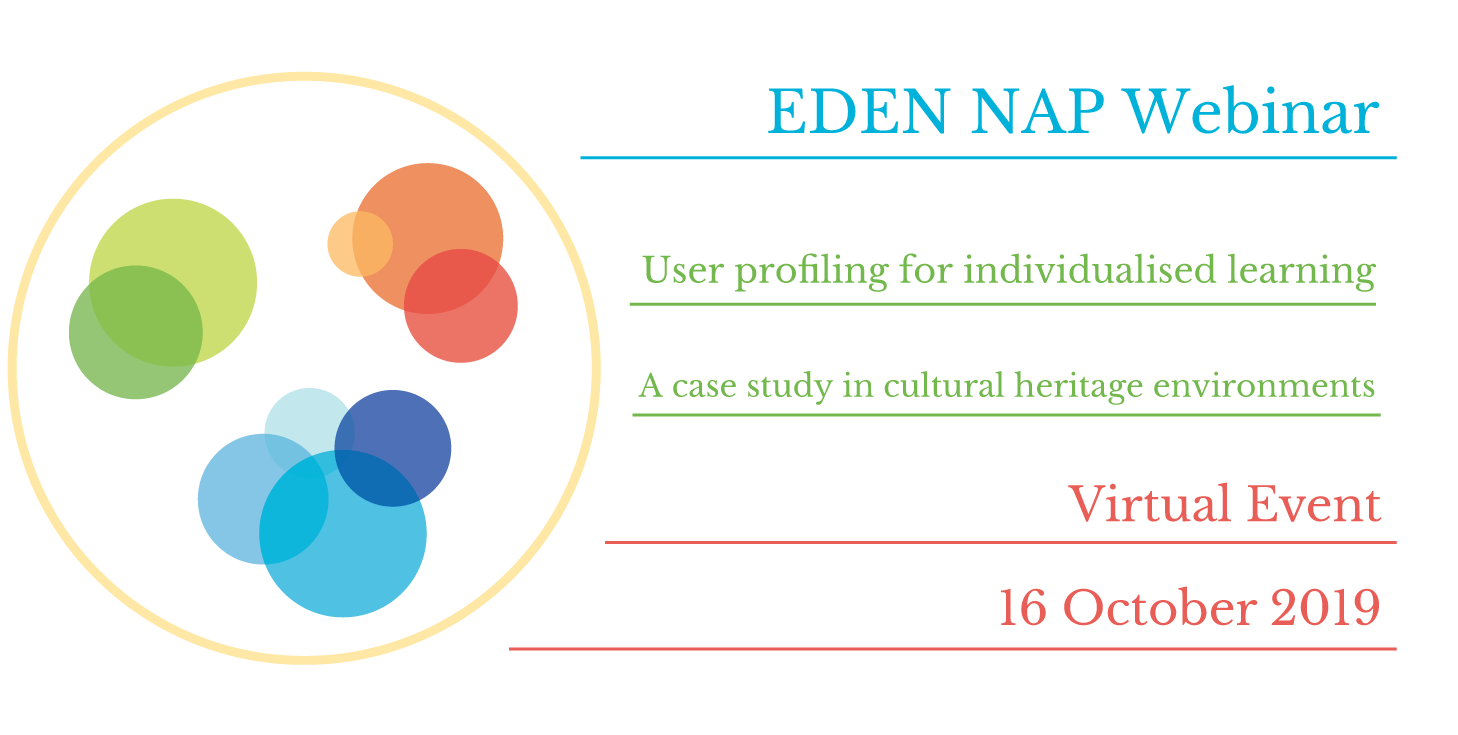It was nice to see so many EDEN members attending EDEN session „Meet EDEN Fellows to discuss Future of Learning” at the World Conference on Online Learning at the beginning of the November in Dublin. The room was not large enough for all EDEN members and those interested in EDEN. I was honoured that we also had former EDEN presidents with us: Alan Tait, Morten F. Paulsen and Airina Volungeviciene. At the session, Josep M. Duart, EDEN Vice President for Research and Diana Andone, EDEN Vice President for Communication and Communities of Practice were also present and the session was run by Lisa Marie Blaschke, Chair of the EDEN Fellows Board. We had been discussing who is the future learner in Europe as a whole, the role and benefits of micro and digital credentialisation for flexible quality education, and how EU and global education policy should facilitate HE in addressing global issues in HE curriculum. The discussion was vivid and productive and concluded with the aim to continue such discussions at upcoming EDEN events.
EDEN presidency and members at the EDEN Session at WCOL in Dublin
A week later we had the EDEN European Distance Learning Week…
Read the full post on the President’s Blog.

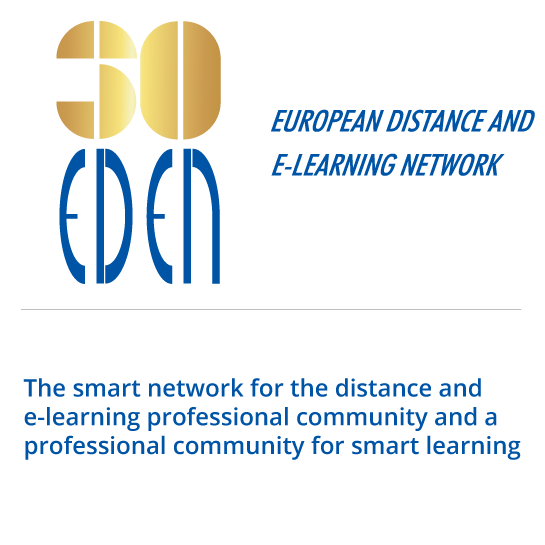

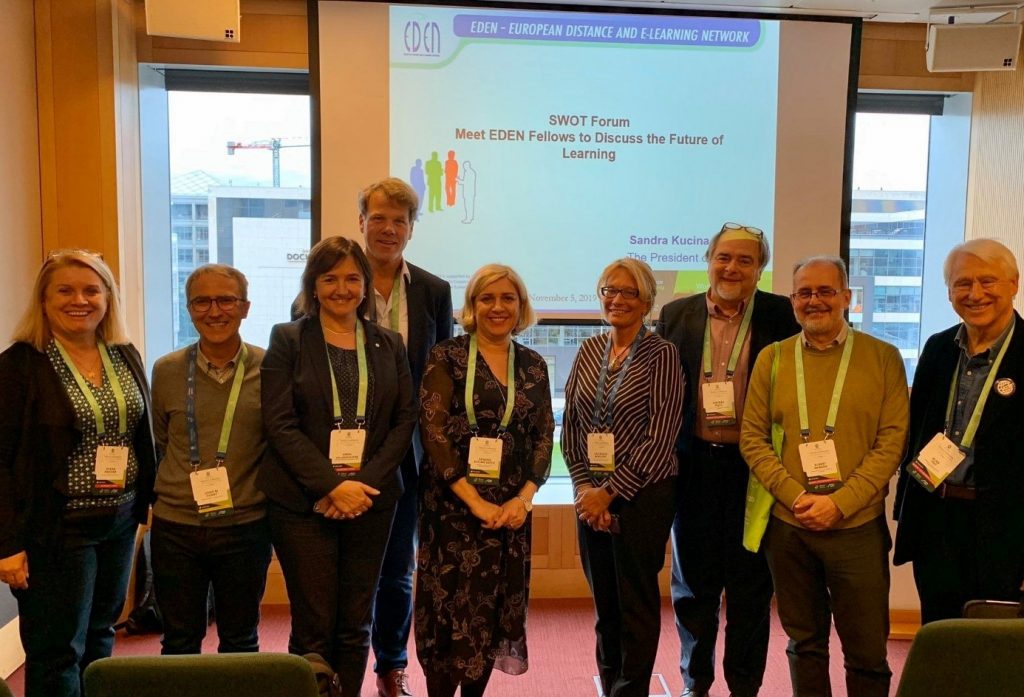
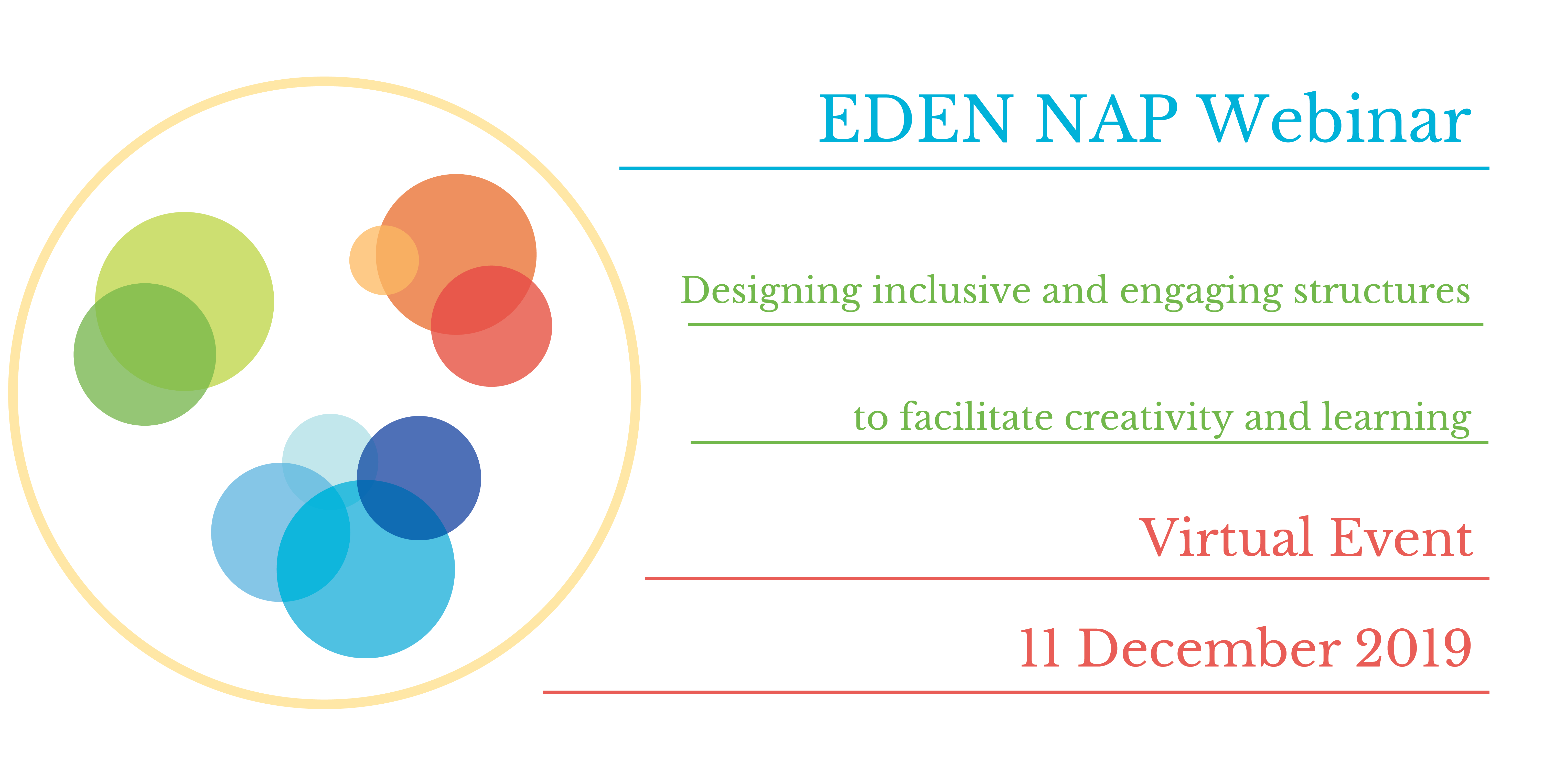
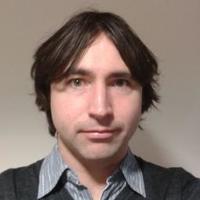 Tim Coughlan is a Lecturer in the Institute of Educational Technology at The Open University, UK. His research crosses the areas of Education and Human-Computer Interaction and is particularly focused on the design and evaluation of systems that support inclusion, creativity, and openness in learning.
Tim Coughlan is a Lecturer in the Institute of Educational Technology at The Open University, UK. His research crosses the areas of Education and Human-Computer Interaction and is particularly focused on the design and evaluation of systems that support inclusion, creativity, and openness in learning.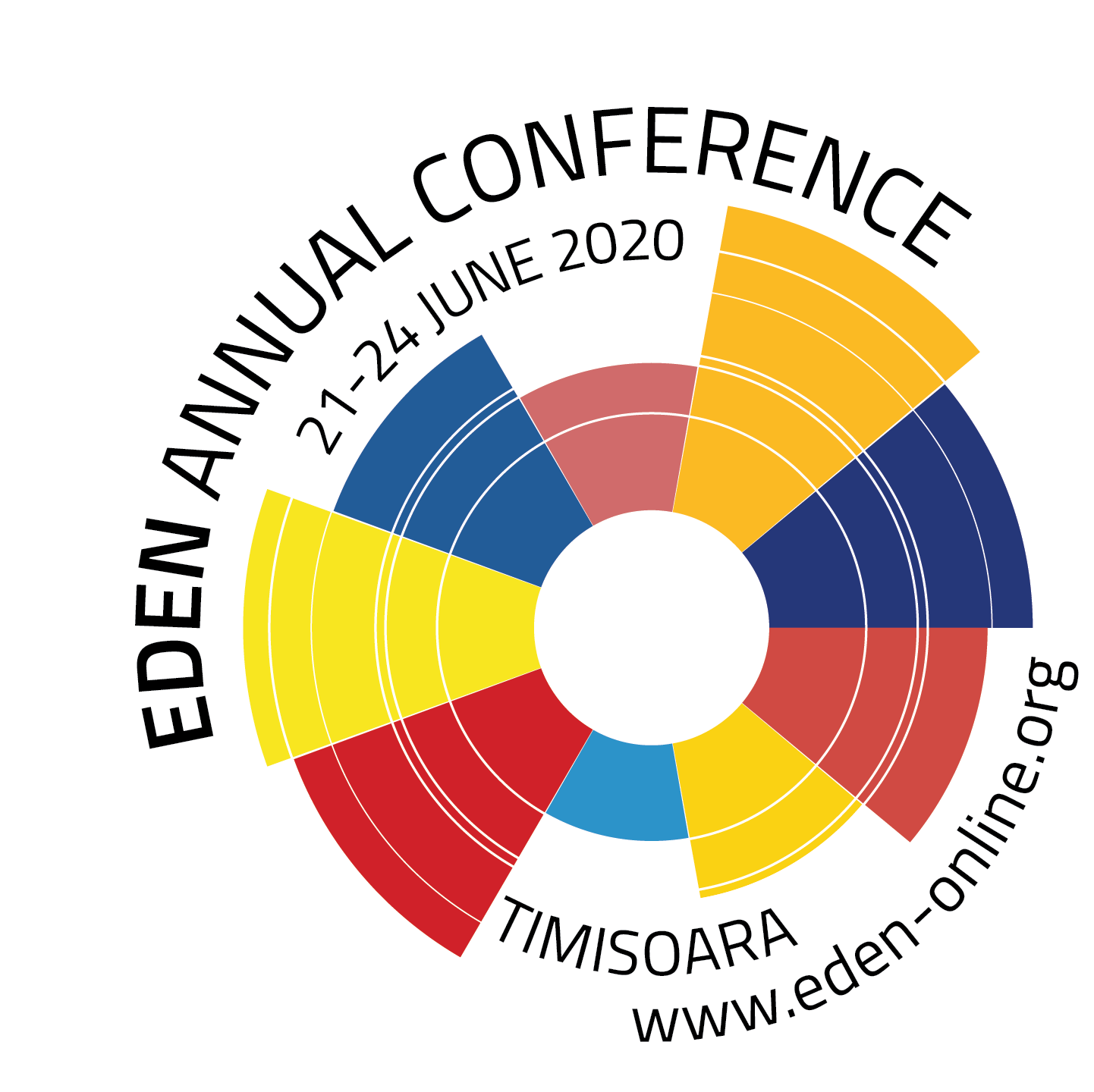
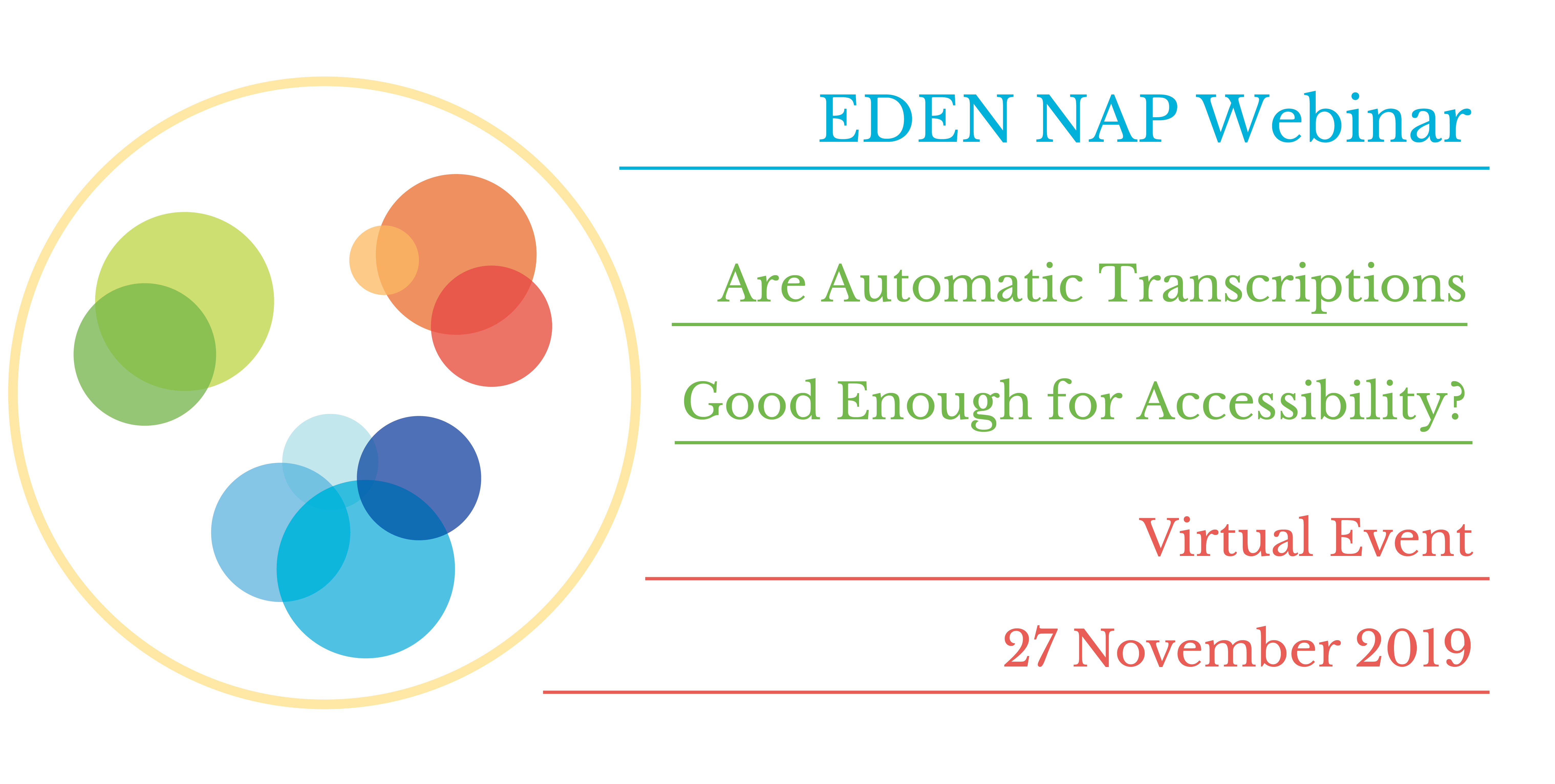
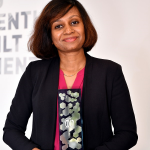 Learning Technology Researcher and the Chair of the Online Learning Research Centre at the University College of Estate Management, United Kingdom. Tharindu’s principal research interests lie in the area of social implications of information and communication technologies, especially eLearning.
Learning Technology Researcher and the Chair of the Online Learning Research Centre at the University College of Estate Management, United Kingdom. Tharindu’s principal research interests lie in the area of social implications of information and communication technologies, especially eLearning.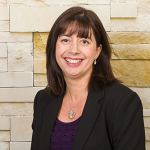 Senior Lecturer & Undergraduate Programmes Director for The London Institute of Banking & Finance, United Kingdom. With a keen interest in the student experience and quality of teaching and learning Wendy is delighted to be able to consider the impact of Tharindu’s research in more depth. She is a member of the EDEN NAP Steering committee.
Senior Lecturer & Undergraduate Programmes Director for The London Institute of Banking & Finance, United Kingdom. With a keen interest in the student experience and quality of teaching and learning Wendy is delighted to be able to consider the impact of Tharindu’s research in more depth. She is a member of the EDEN NAP Steering committee.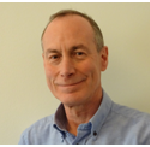 E-learning specialist at Linnaeus University, Kalmar, Sweden. He is involved in several national and international projects and organisations in the field of e-learning, including the MOONLITE project. He is an EDEN fellow and member of the EDEN NAP Steering Committee.
E-learning specialist at Linnaeus University, Kalmar, Sweden. He is involved in several national and international projects and organisations in the field of e-learning, including the MOONLITE project. He is an EDEN fellow and member of the EDEN NAP Steering Committee.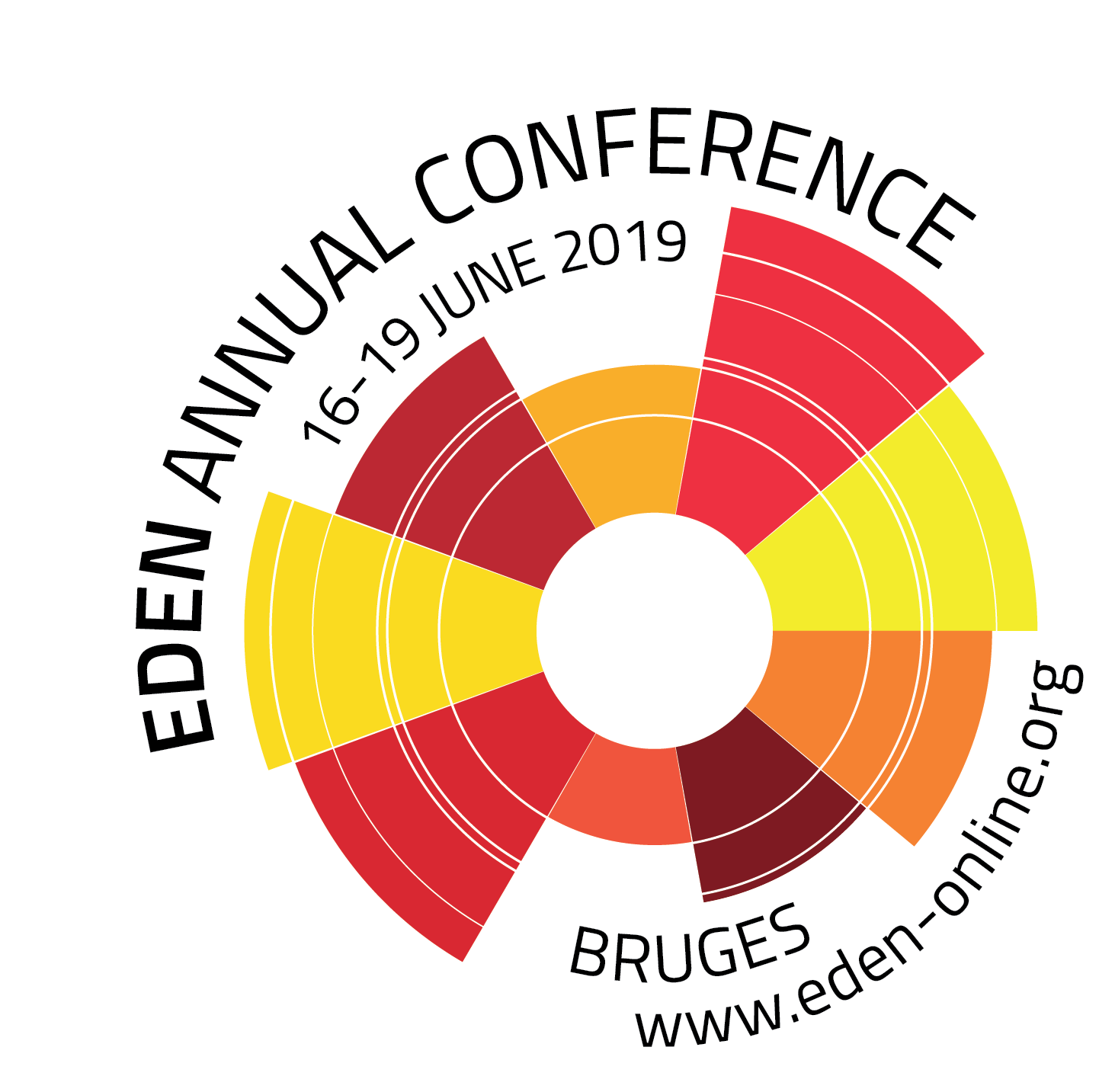
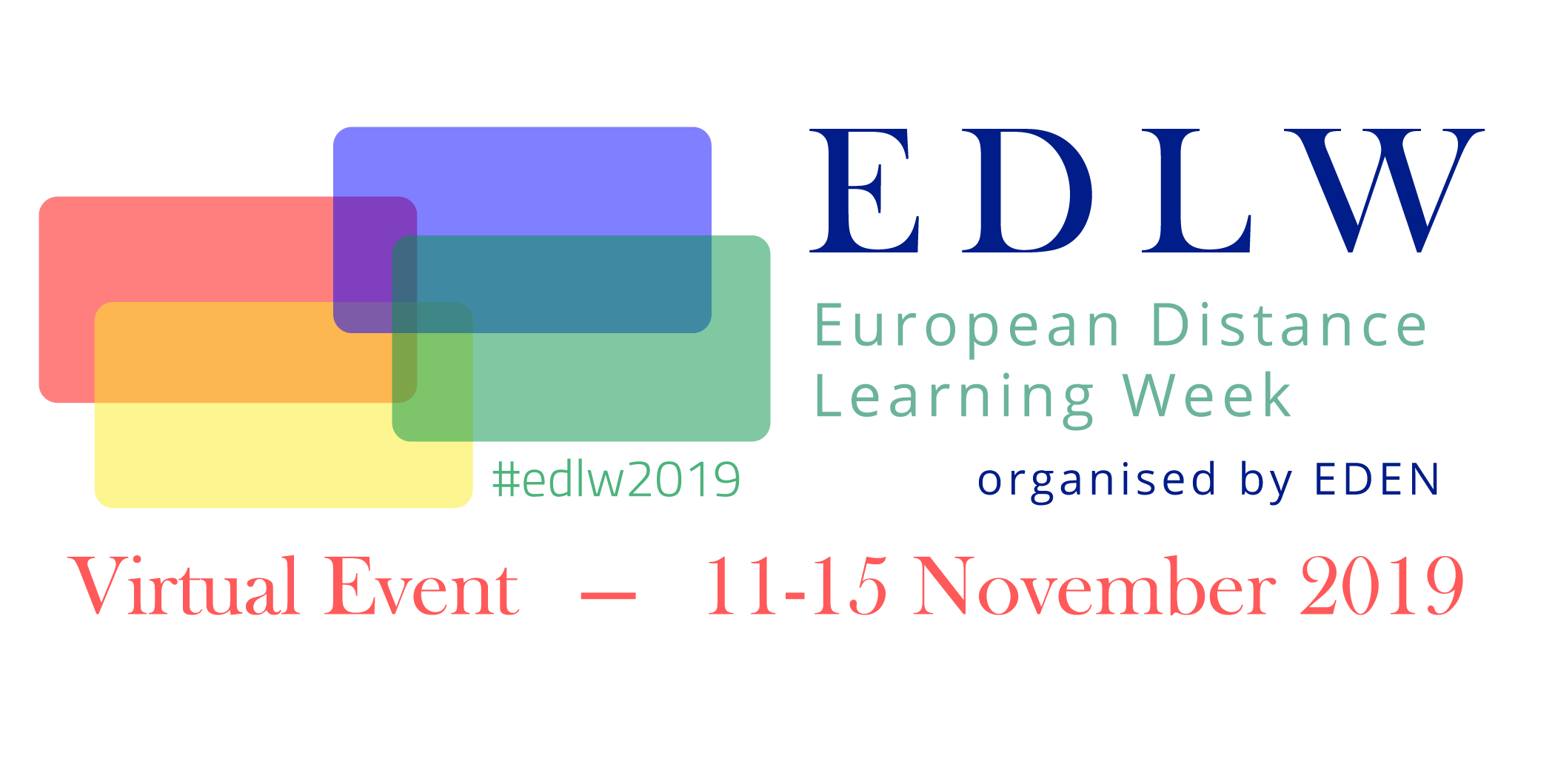
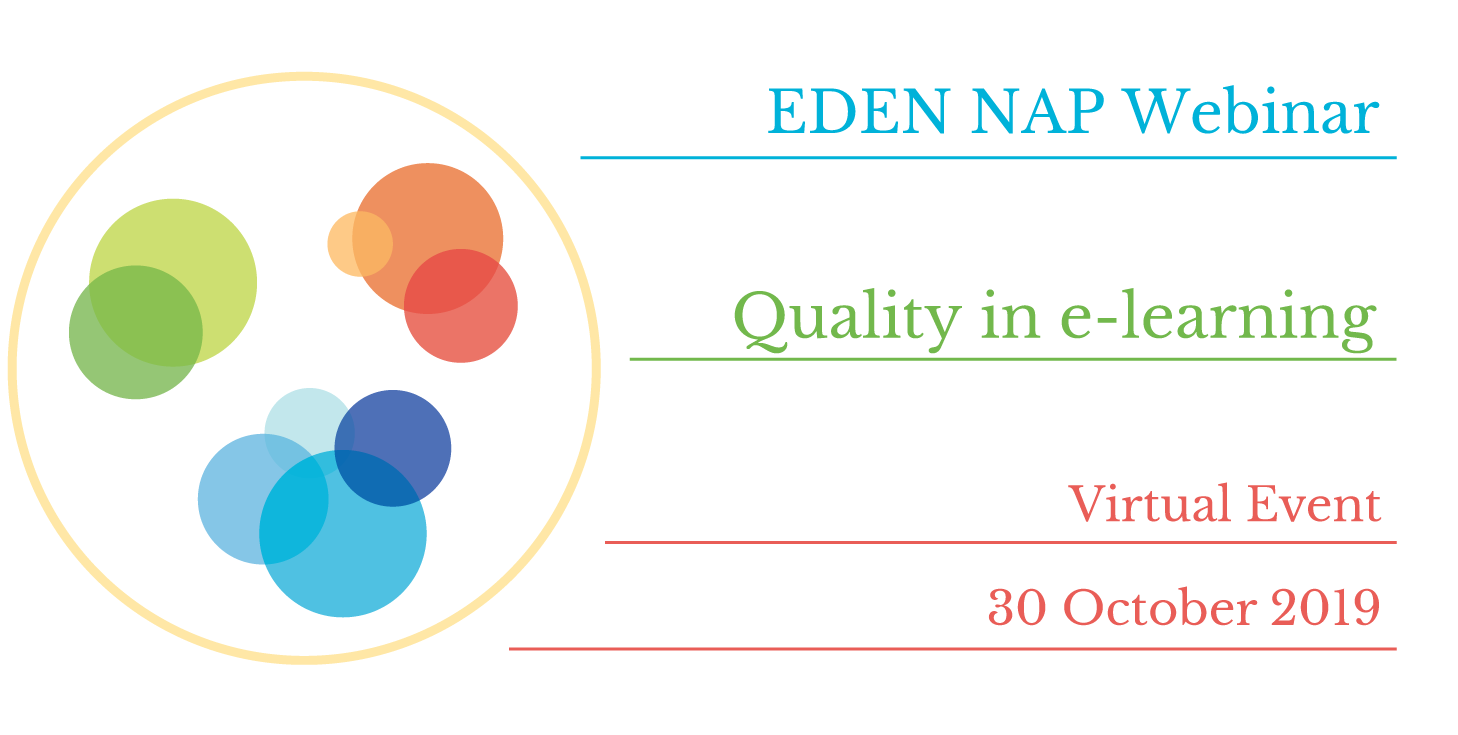
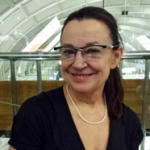 Professor Dr Ebba Ossiannilsson is an independent researcher, expert, quality assessor and influencer in the fields of open online flexible, distance learning, including e-learning TEL, OER and MOOCs. Her focus is on quality, innovation, leadership, and personal, learning. She is in EDEN EC, Chair the EDEN SIG for TEL and quality enhancement, EDEN Fellow, and EDEN Council of Fellows. She is in the ICDE EC, and Chair the ICDE Advocacy Committee, for the worldwide advocacy of OER. Ossiannilsson is a quality expert and reviewer for ICDE, and the EADTU, and an evaluator and expert for the European Commission. She works with the Swedish Institute of Standards and ISO. She is a member of the Digital Skills and Jobs Coalition Sweden. Ossiannilsson is VP of the Swedish Association for Distance Education. Ossiannilsson holds her PhD from Oulu University, Finland, with a dissertation on benchmarking e-learning in higher education. She led the ICDE’s quality standard study in 2014-2015. She is in the editorial board of several scientific journals.
Professor Dr Ebba Ossiannilsson is an independent researcher, expert, quality assessor and influencer in the fields of open online flexible, distance learning, including e-learning TEL, OER and MOOCs. Her focus is on quality, innovation, leadership, and personal, learning. She is in EDEN EC, Chair the EDEN SIG for TEL and quality enhancement, EDEN Fellow, and EDEN Council of Fellows. She is in the ICDE EC, and Chair the ICDE Advocacy Committee, for the worldwide advocacy of OER. Ossiannilsson is a quality expert and reviewer for ICDE, and the EADTU, and an evaluator and expert for the European Commission. She works with the Swedish Institute of Standards and ISO. She is a member of the Digital Skills and Jobs Coalition Sweden. Ossiannilsson is VP of the Swedish Association for Distance Education. Ossiannilsson holds her PhD from Oulu University, Finland, with a dissertation on benchmarking e-learning in higher education. She led the ICDE’s quality standard study in 2014-2015. She is in the editorial board of several scientific journals.